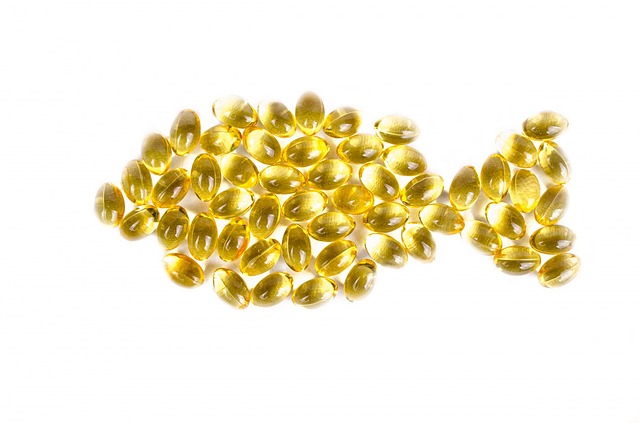Most American adults still take dietary supplements, a new study reports. But traditional multivitamins no longer reign supreme, with supplements such as fish oil, Vitamin D and probiotics taking the lead.
Researchers from the Memorial Sloan Kettering Cancer Center in New York City found that supplement use remained steady from 1999 to 2012, with more than half of adults saying that they took vitamins, minerals and other forms of supplements, CBS News reports.
But the products of choice have changed.
While multivitamins and minerals may have been popular in the past decades, along with herbal products lie ginseng and Echinacea extracts, people now lean towards vitamin D, omega-3 fatty acids like fish oil, and probiotics or “good bacteria.”
Elizabeth Kantor, the lead researcher and an epidemiologist at Memorial Sloan Kettering, says the results are not surprising for vitamin D and fish oil, given the volume of research and media attention both supplements have been receiving over the past years. Some studies have suggested that fish oil can help prevent heart problems, while others point to vitamin D as a deterrent to everything from cancer to sclerosis.
Kantor says the decrease in multivitamin use was less expected, but it makes sense. Studies previously stated that these supplements could help combat diseases, but clinical trials proved otherwise. Some research even suggested that multivitamins and antioxidants could cause harm. In 2011-2012, only 31% of Americans said they took multivitamins, a drop from 37% in 1999-2000.
An editorial accompanying the study mentioned that Americans may be taking some dietary supplements that don’t have proven benefits out of habit. In addition, supplement companies have a free hand in marketing their products, as they don’t have to undergo rigorous testing by the Food and Drug Administration. Supplements do carry the caveat on their label that they are “not intended to diagnose, treat, cure, or prevent any disease,” but many consumers remain confused about the disclaimer and manufacturers’ claims, according to CNN.
Kantor, for her part, suggests that people discuss any supplements they may be taking with their doctors, particularly if they are on medication, to avoid any potential consequences from drugs interacting with each other.
The study was published in the Journal of the American Medical Association.
























